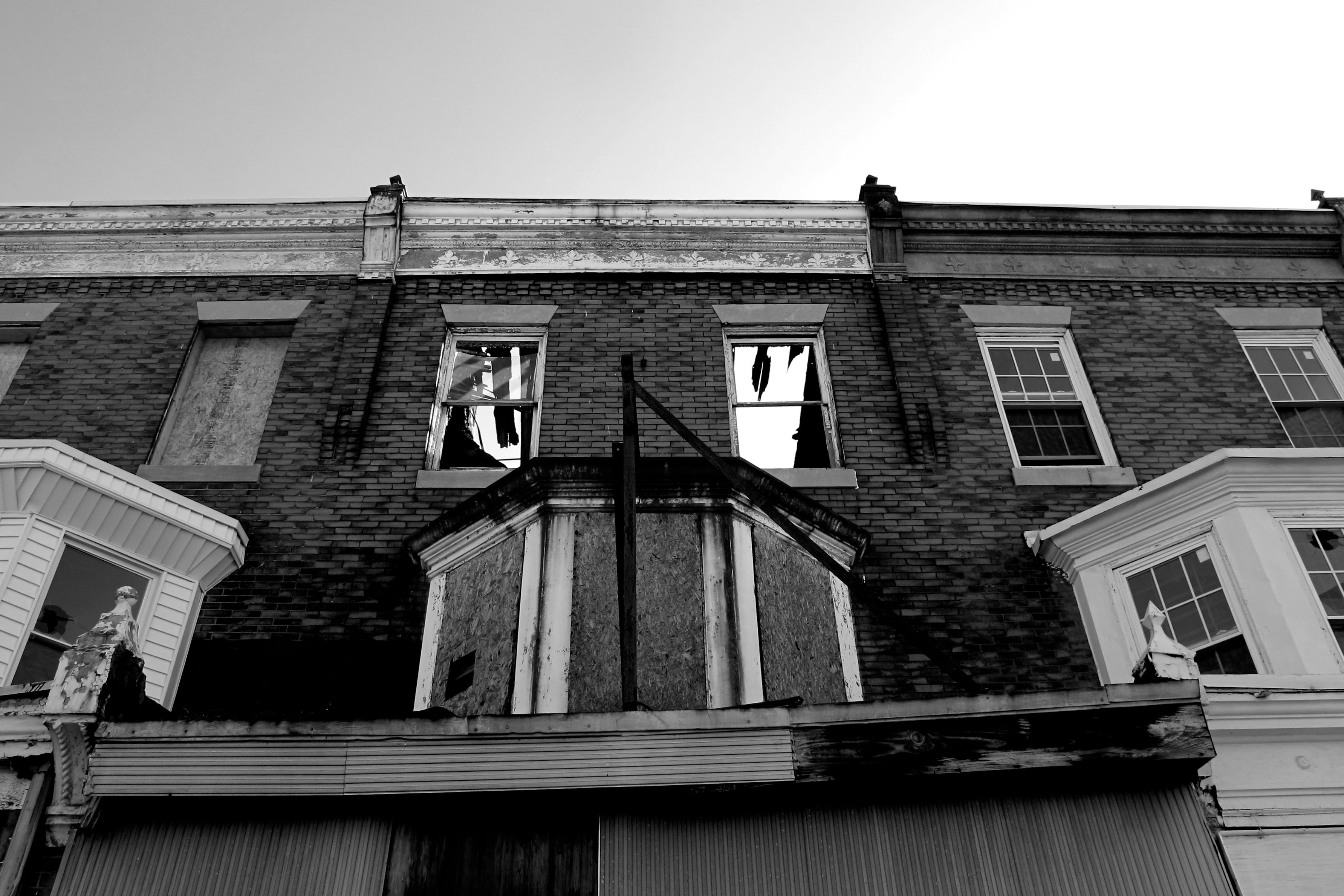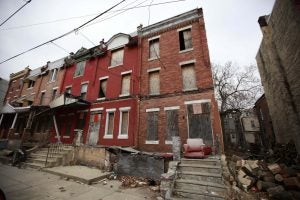How we estimated the economic value and neighborhood impact of tax-delinquent properties in Philadelphia

PlanPhilly hired Kevin Gillen, a senior research consultant at the Fels School of Government, to perform an independent analysis gauging the impact of real estate tax delinquency on the property values of single family homes in Philadelphia. Gillen describes his methodology below:
“The empirical association between house values and proximity to delinquent properties was investigated via a regression-based methodology using the city’s tax delinquency data and all recorded market-rate home sales in Philadelphia between 2010 and 2012.
The key challenge in estimating the effects (if any) of delinquency was dis-entangling the presence of delinquent properties with other factors of housing depreciation and overall neighborhood disinvestment. Just as delinquency is correlated with under-maintenance, abandonment and declining property values, so too can declining property values and physical depreciation of a neighborhood’s housing stock lead property owners to become delinquent. To separate the direction of causality between these two factors, I made two key modifications to the regression specification:
1) Variables denoting the relative value and condition of the neighborhood’s housing stock were added to the regression. These included such things as the neighborhood’s vacancy rate, average physical condition of homes, average age of homes and median neighborhood income.
2) For homes near delinquent properties, variables measuring both the level and trend in house prices before and after properties became delinquent were added to the regression. This controlled for the fact that many neighborhoods which had high concentrations of delinquencies were already in relative decline before many properties became delinquent.
WHYY is your source for fact-based, in-depth journalism and information. As a nonprofit organization, we rely on financial support from readers like you. Please give today.






